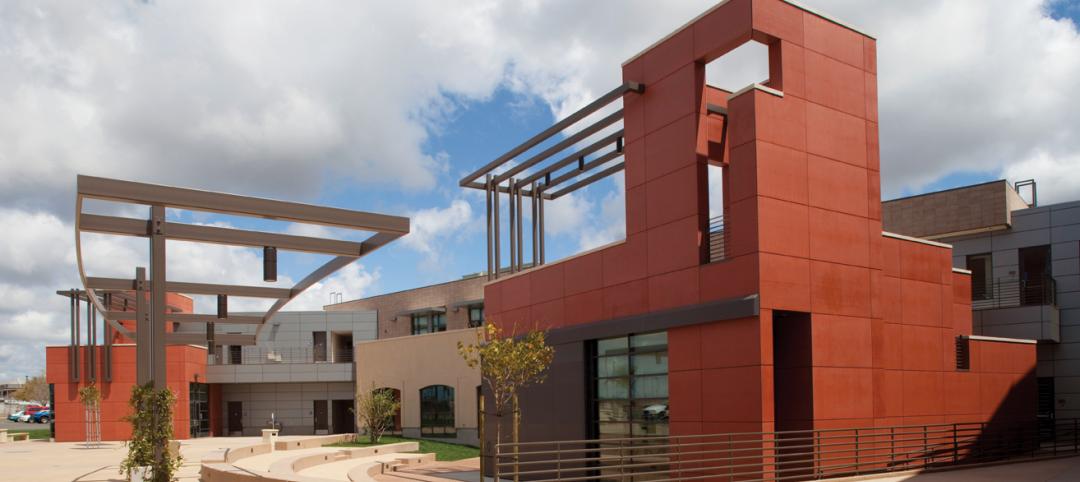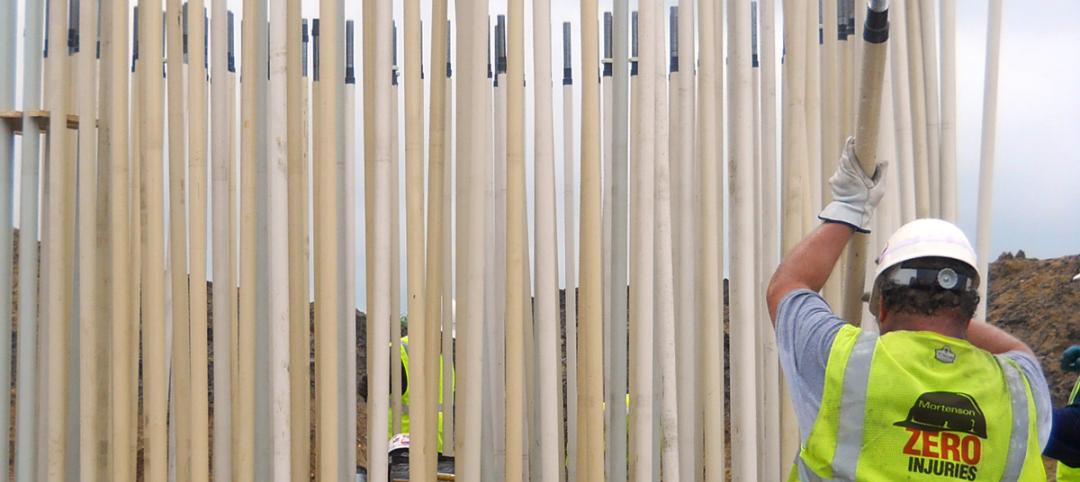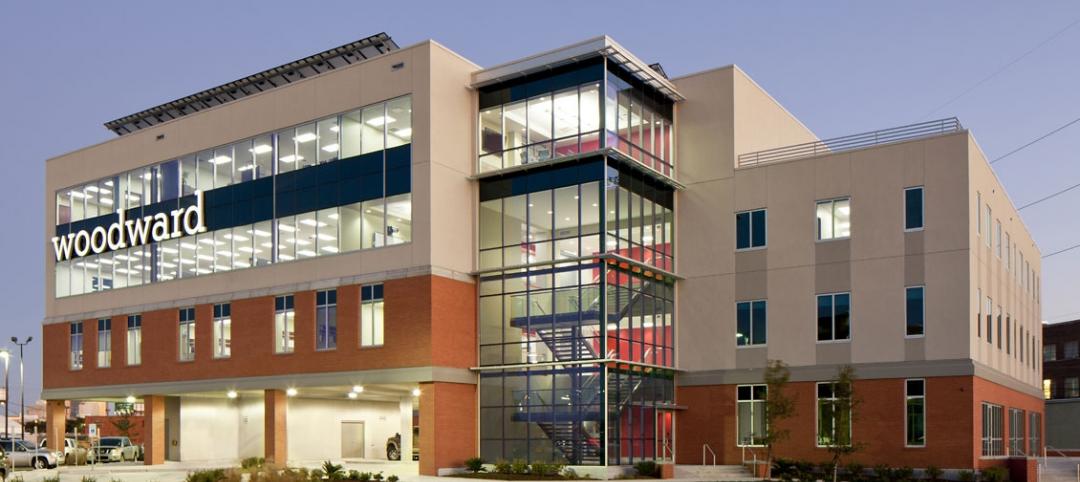More than one in seven banks now uses blockchain technology. American Express and Mastercard filed several patents last year related to the technology and B2B transactions, according to pymnts.com. And by 2022, global spending on blockchain technology by all sectors could hit $11.7 billion, from an estimated $1.5 billion in 2018, according to International Data Corp. (bit.ly/2uOq9qO).
While AEC firms are still trying to figure out where it fits into design and construction management, blockchain technology has grabbed hold of the financial services sector. IDC notes that the distribution and services sector is also latching onto this technology in a bigger way. And the New York Times reported last October that the concept of marrying blockchain to artificial intelligence is attracting entrepreneurs and investors.
For the uninitiated, the simplest explanation of this technology is that blockchain is a digital distributed ledger of transactions or records that exists across multiple participants and computers in a peer-to-peer network. Transactions can be added to the blockchain using a secure digital “signature.” In essence, it eliminates middlemen, and democratizes recordkeeping that is secured by “witnesses” who are incentivized by the blockchain’s digital currency.
Blockchain “is a clumsy little dance that a computer needs to do in order to simulate something that humans have been doing for thousands of years,” quips Dan Robles, CEO of the Integrated Engineering Blockchain Consortium, which has developed a working blockchain that prices infrastructure risk by monetizing data provided and validated by engineers.
Bitcoin is the best-known cryptocurrency that uses this technology for transactional purposes. And over the past decade, innovations from this technology have evolved from cryptocurrency exchanges and blockchain to smart contracts enforced by computer code and what’s known as “proof of stake,” which does away with data processing centers and replaces them with complex financial instruments for a higher level of security. This, according to Vinay Gupta, Founder of Hexayurt Capital, which was instrumental in creating Dubai’s Blockchain Strategy to issue all government documents on blockchain by 2020.
What users like about blockchain is its immutability—once data is recorded (and usually time stamped) on a block, it can’t be changed retroactively without the entire network’s collusion. Tampering with the integrity of the blockchain voids it, and transactions are no longer valid.
“Trust delivered by way of cryptography” is how Ian Church, Senior Projects Director for CBRE Global Workplace Solutions, describes blockchain. He believes the technology could eventually deliver “highly efficient investment valuations” that lead to incremental gains in property values.
In a 2017 paper by Arup Foresight based on a workshop with Deloitte, PwC, Volkswagon Financial Services, and the Ellen MacArthur Foundation, the engineering firm predicted that blockchain would have “a major impact on the built environment … in the same way the World Wide Web did.”
The paper didn’t stop there. Blockchain, Arup stated, could have a “profound effect on society” because it provides a platform where people, organizations, and even machines can transact “without having to trust each other.”
Related Stories
| Dec 10, 2011
Turning Balconies Outside In
Operable glass balcony glazing systems provide solution to increase usable space in residential and commercial structures.
| Dec 10, 2011
BIM tools to make your project easier to manage
Two innovations—program manager Gafcon’s SharePoint360 project management platform and a new BIM “wall creator” add-on developed by ClarkDietrich Building Systems for use with the Revit BIM platform and construction consultant—show how fabricators and owner’s reps are stepping in to fill the gaps between construction and design that can typically be exposed by working with a 3D model.
| Dec 9, 2011
BEST AEC FIRMS 2011: EYP Architecture & Engineering
Expertise-Driven Design: At EYP Architecture & Engineering, growing the business goes hand in hand with growing the firm’s people.
| Dec 8, 2011
HOK elevates the green office standard
Firm achieves LEED Platinum certification in New York office that overlooks Bryant Park.
| Dec 7, 2011
Autodesk agrees to acquire Horizontal Systems
Acquisition extends and accelerates cloud-based BIM solutions for collaboration, data, and lifecycle management.
| Dec 7, 2011
ICS Builders and BKSK Architects complete St. Hilda’s House in Manhattan
The facility's design highlights the inherent link between environmental consciousness and religious reverence.
| Dec 6, 2011
Mortenson Construction completes Elk Wind Project in Iowa
By the end of 2011, Mortenson will have built 17 wind projects in the state generating a total of 1894 megawatts of renewable power.
| Dec 6, 2011
New office building features largest solar panel system in New Orleans
Woodward Design+Build celebrates grand opening of new green headquarters in Central City.
| Dec 5, 2011
New York and San Francisco receive World Green Building Council's Government Leadership Awards
USGBC commends two U.S. cities for their innovation in green building leadership.
| Dec 2, 2011
What are you waiting for? BD+C's 2012 40 Under 40 nominations are due Friday, Jan. 20
Nominate a colleague, peer, or even yourself. Applications available here.
















